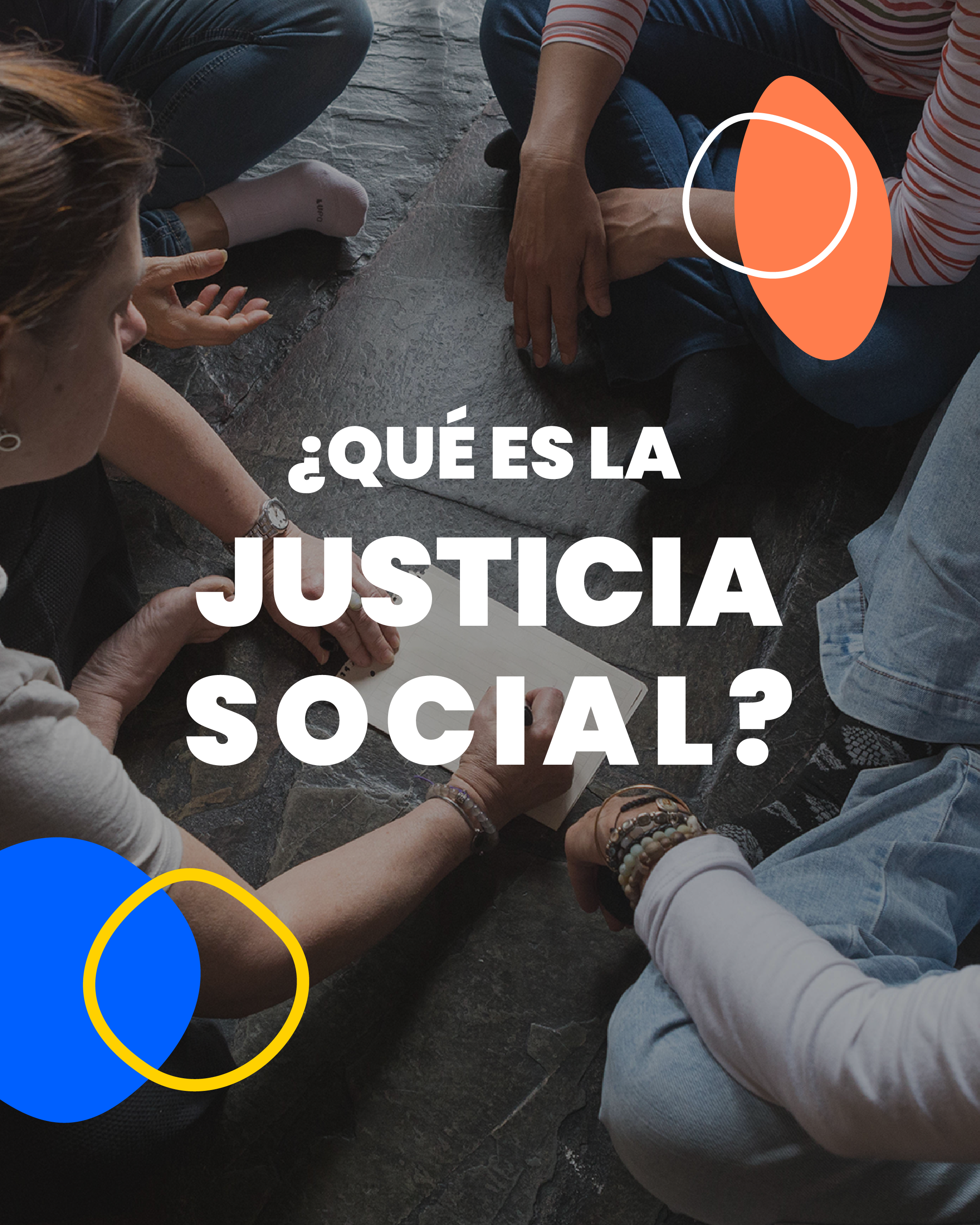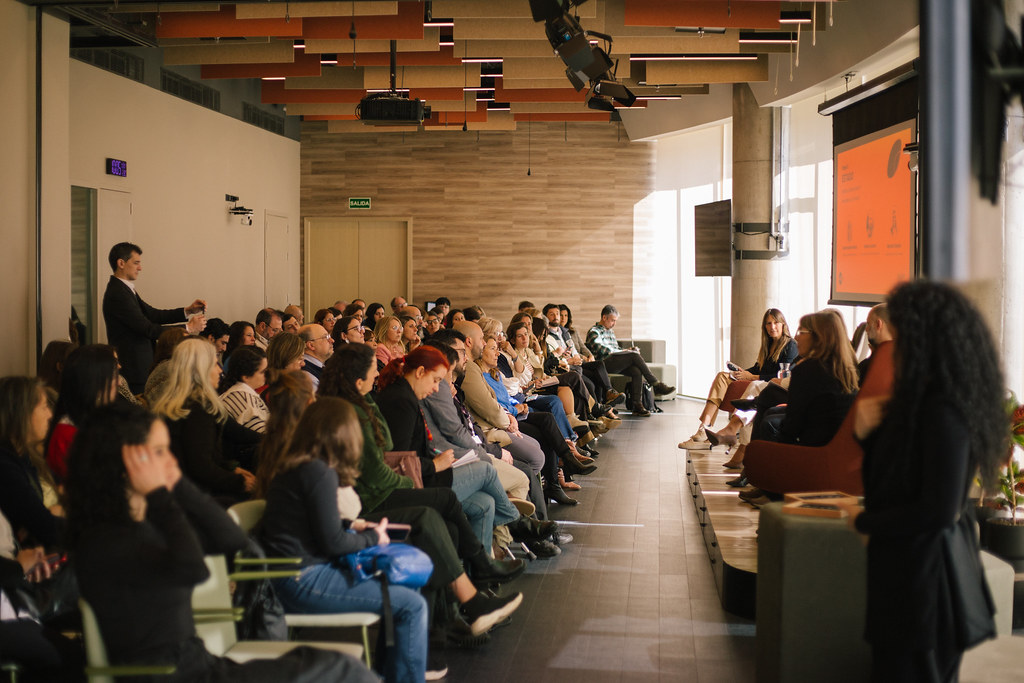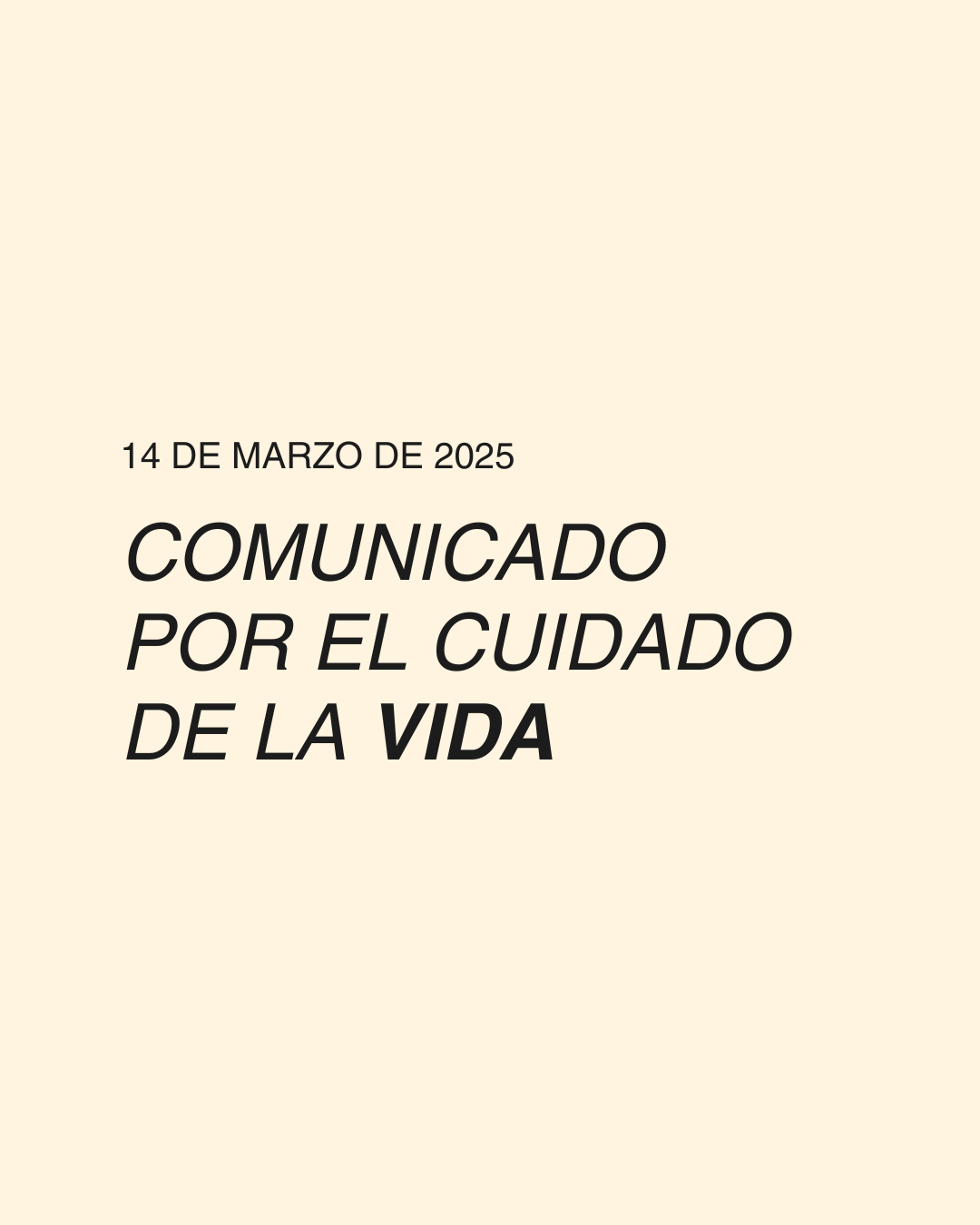
"I have come to believe, over and over again, that what is most important to me must be said, expressed in words, and shared, even at the risk of being misunderstood. Speaking benefits me, beyond any other effect. Because the cause of silence was the same as the cause of my pain. But my silences have not protected me. Your silence will not protect you."
— Audre Lorde
Today, February 20, is Social Justice Day. In general terms, when we talk about Social Justice, we refer to all the essential reparations needed to address structural and historical social inequality and to ensure an equitable distribution of rights, resources, and opportunities. Social justice is closely linked to access to education, health, political participation, and economic redistribution. Its purpose is to make full development possible for all people.
It seems that this is where the world fractures, at the exact point where the waters divide: What do we understand by full development?
In recent times, social movements have grown stronger. Connections have been made, meeting points established, and perspectives have emerged that recognize the interconnectedness of all injustices. These movements have sought to identify the underlying common pattern, directing their energy toward a root cause: a system that thrives on exploitation, that benefits some as long as others are oppressed. A system that, sooner or later, cannot sustain itself. A system that is already collapsing.
However, in this cycle of violence that often arises when the world is in transition, reactionary and denialist voices have emerged, attempting to destabilize hard-won rights and undo decades, even centuries, of progress.
In this context, our perspectives, our professions, our crafts, and our sensitivities take on importance: they play a role in fostering a collective imagination that dismantles the current logic of "success"—one that measures progress in linear terms and exponential growth, as if these were the ultimate indicators of prosperity, well-being, and security. Instead, we must spread new ideas about full development, about reconnecting with nature and understanding that we are part of a larger ecosystem. Ideas about a life of purpose, care, and collective collaboration, about strong communities, about beauty—chaotic, free, and powerful.
What can we do to imagine this present? What can we do to take action in this present?


